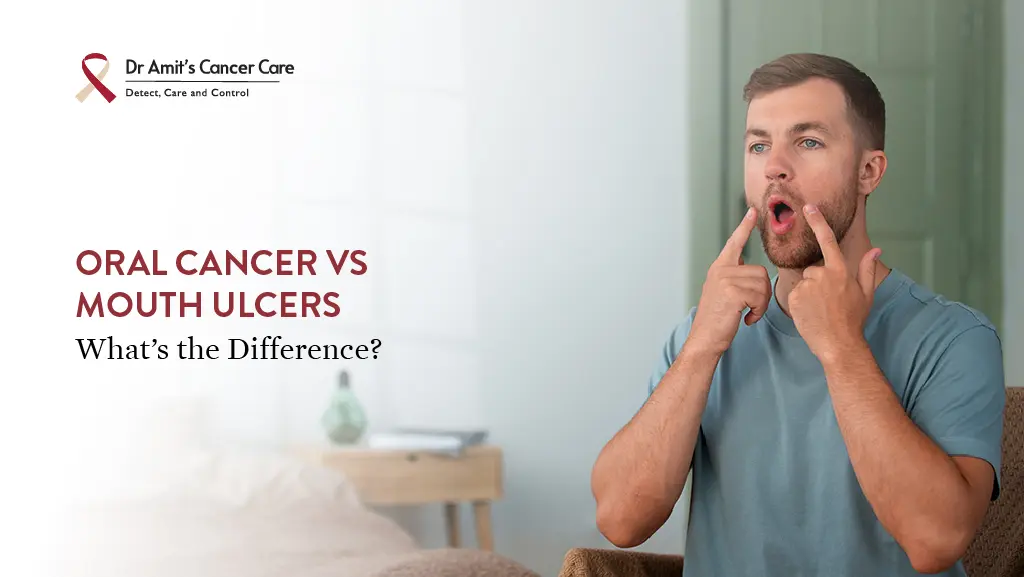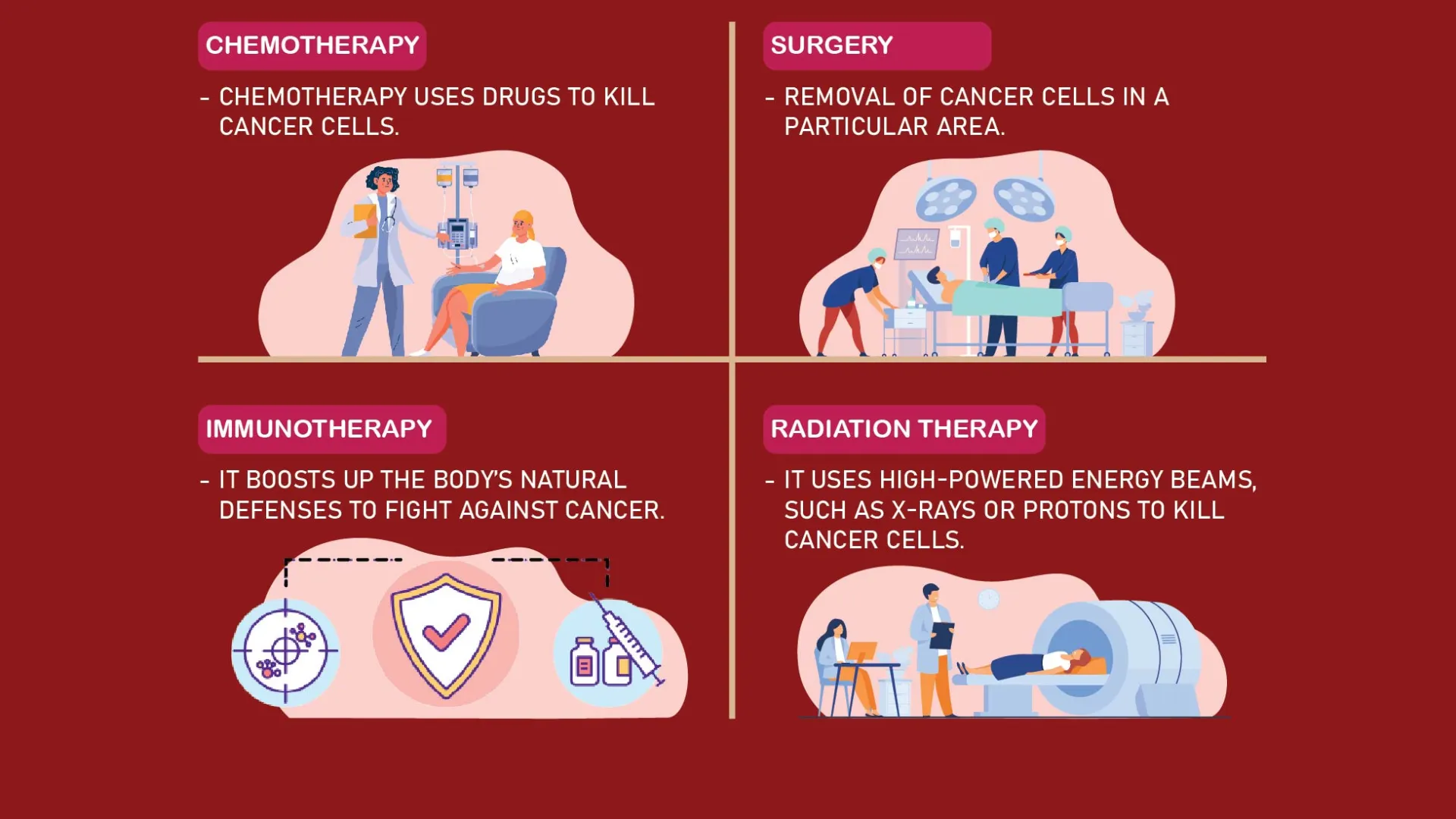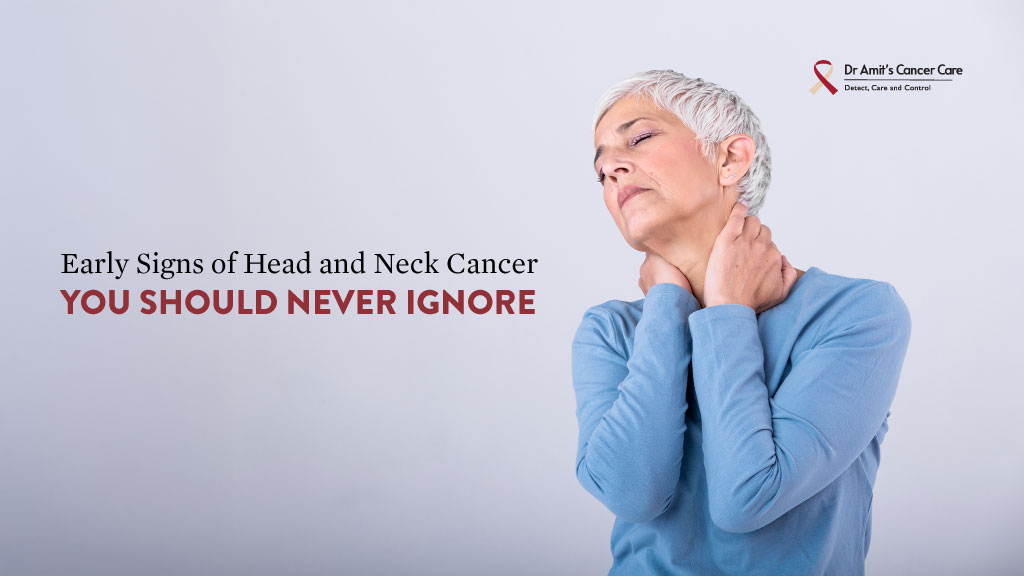Post-cancer recovery is a critical period that requires a comprehensive approach to help survivors regain physical strength, emotional stability, and an overall sense of well-being. For head and neck cancer patients, especially, the journey can be challenging due to the toll cancer treatment takes on the body and mind. In addition to medical care, implementing the right nutrition, regular exercise, and mental health support can significantly impact the healing process.
In this blog, we’ll explore how these three pillars—nutrition, exercise, and mental health—contribute to post-cancer recovery, especially for head and neck cancer patients. This information can be beneficial for individuals seeking advice from experts like Dr. Amit Chakraborty, an oncologist specialist in Dubai, Mumbai, and Nagpur, who offers holistic cancer treatment plans.
Nutrition in Post-Cancer Recovery
Nutrition plays a vital role in the body’s ability to heal after cancer treatment. A balanced diet helps rebuild tissues, supports the immune system, and combats fatigue—a common side effect experienced by many cancer survivors. For head and neck cancer patients, maintaining adequate nutrition can be challenging due to treatment side effects like difficulty swallowing, dry mouth, or taste changes. However, these issues can be managed with a carefully planned diet.
Here are some essential nutritional considerations for post-cancer recovery:
1. Focus on Protein: Protein is crucial for tissue repair and immune function. Lean meats, fish, eggs, beans, and dairy products can help restore muscle strength. Protein smoothies may also be useful for those who have difficulty chewing or swallowing.
2. Incorporate Healthy Fats: Omega-3 fatty acids found in fish, nuts, and flaxseeds have anti-inflammatory properties that may reduce post-treatment inflammation. They also contribute to heart health, which is essential for those recovering from cancer treatment.
3. Embrace Antioxidant-Rich Foods: Fruits and vegetables are packed with antioxidants that help repair cellular damage caused by chemotherapy and radiation. Dark, leafy greens, berries, and brightly colored vegetables can support the body’s recovery process.
4. Stay Hydrated: Hydration is often overlooked but essential in post-cancer recovery. Proper hydration helps with detoxification and prevents dehydration, which can worsen fatigue and other symptoms. Patients who have undergone head and neck cancer surgery may find it challenging to drink sufficient water; sipping water throughout the day or incorporating hydrating foods like cucumbers and oranges may help.
5. Work with a Dietitian: Consulting a registered dietitian, especially one who specializes in oncology, can provide personalized guidance. Tailored dietary advice is often part of a holistic approach offered by experts like Dr. Amit Chakraborty, who understands the unique needs of cancer survivors.
Exercise for Post-Cancer Strength and Mobility
After cancer treatment, physical activity might seem daunting. However, exercise is one of the best ways to regain physical strength and improve overall health. For head and neck cancer patients, exercises focusing on flexibility, strength, and balance are particularly beneficial. Even moderate physical activity can help with fatigue, boost the immune system, and improve cardiovascular health.
1. Begin with Gentle Exercises: Walking, gentle stretching, and low-impact activities are excellent starting points for rebuilding strength. Initially, short sessions are best, gradually increasing in duration and intensity as strength improves.
2. Include Strength Training: Strength training can help cancer patients rebuild muscle mass lost during treatment. Using light weights or resistance bands can effectively strengthen the arms, legs, and core muscles, all essential for daily functionality.
3. Work on Flexibility and Balance: For head and neck cancer patients, stiffness in the neck, jaw, or shoulders is common after surgery or radiation. Incorporating gentle neck and shoulder stretches, along with balance exercises, can improve mobility and reduce discomfort.
4. Mindful Movement Practices: Yoga, tai chi, and Pilates offer a gentle approach to enhancing physical well-being. They can help improve flexibility and balance, and the breathing techniques involved also provide mental relaxation.
5. Consult a Physical Therapist: Many cancer survivors work with physical therapists specializing in cancer rehabilitation. Therapists can help tailor an exercise regimen that considers individual limitations and gradually restores mobility. Cancer specialists, like Dr. Amit Chakraborty, often recommend physical therapy as part of a holistic recovery plan.
Mental Health and Emotional Well-being in Recovery
The emotional journey following cancer treatment is often as challenging as the physical recovery. Many survivors experience anxiety, depression, or a sense of uncertainty about the future. Addressing mental health is a fundamental aspect of recovery, as it can profoundly impact a person’s outlook, motivation, and overall quality of life.
1. Seek Counseling or Support Groups: Many cancer survivors benefit from speaking with a therapist who specializes in cancer recovery. Support groups provide a space to connect with others who have gone through similar experiences. Online and in-person groups offer support, making it easier for survivors to share their struggles and triumphs.
2. Practice Mindfulness and Meditation: Mindfulness techniques such as meditation, deep breathing exercises, and journaling help manage stress, reduce anxiety, and enhance emotional stability. These practices allow patients to stay present, reducing feelings of fear or worry about the future.
3. Focus on Positive Lifestyle Changes: Many survivors find purpose and fulfillment by adopting positive habits. This might include volunteering, spending more time with loved ones, or pursuing a hobby. Setting small, achievable goals can foster a sense of purpose and accomplishment.
4. Consult with a Mental Health Professional: Integrating mental health support as part of a cancer treatment plan can make a significant difference. A professional who understands cancer recovery, like Dr. Amit Chakraborty, may refer patients to counselors or psychologists experienced in cancer care.
5. Involve Family and Friends: Post-cancer recovery can be isolating, but involving family and friends provides a support network for patients. Loved ones can assist in maintaining routine activities, offer emotional support, and help with practical aspects of recovery.
Dr. Amit Chakraborty: Supporting Post-Cancer Recovery Holistically
Dr. Amit Chakraborty, a renowned oncologist specialist in Dubai, Mumbai, and Nagpur, understands the complex needs of cancer survivors. His approach to cancer treatment for head and neck cancer patients goes beyond medical procedures. By incorporating nutrition, exercise, and mental health resources, Dr. Chakraborty provides a holistic plan that fosters a healthier, more fulfilling post-cancer life. His patients receive not only expert medical guidance but also access to supportive services that address the broader aspects of recovery.
Conclusion
Post-cancer recovery requires a multi-faceted approach to achieve optimal health. Nutrition, exercise, and mental well-being each play a unique role in helping survivors regain strength, find balance, and live with resilience. Cancer specialists Dr. Amit Chakraborty offer valuable support for head and neck cancer patients, helping them navigate this challenging journey with compassion and expertise. By focusing on these essential pillars, cancer survivors can reclaim their health and embrace a fulfilling life beyond cancer.






